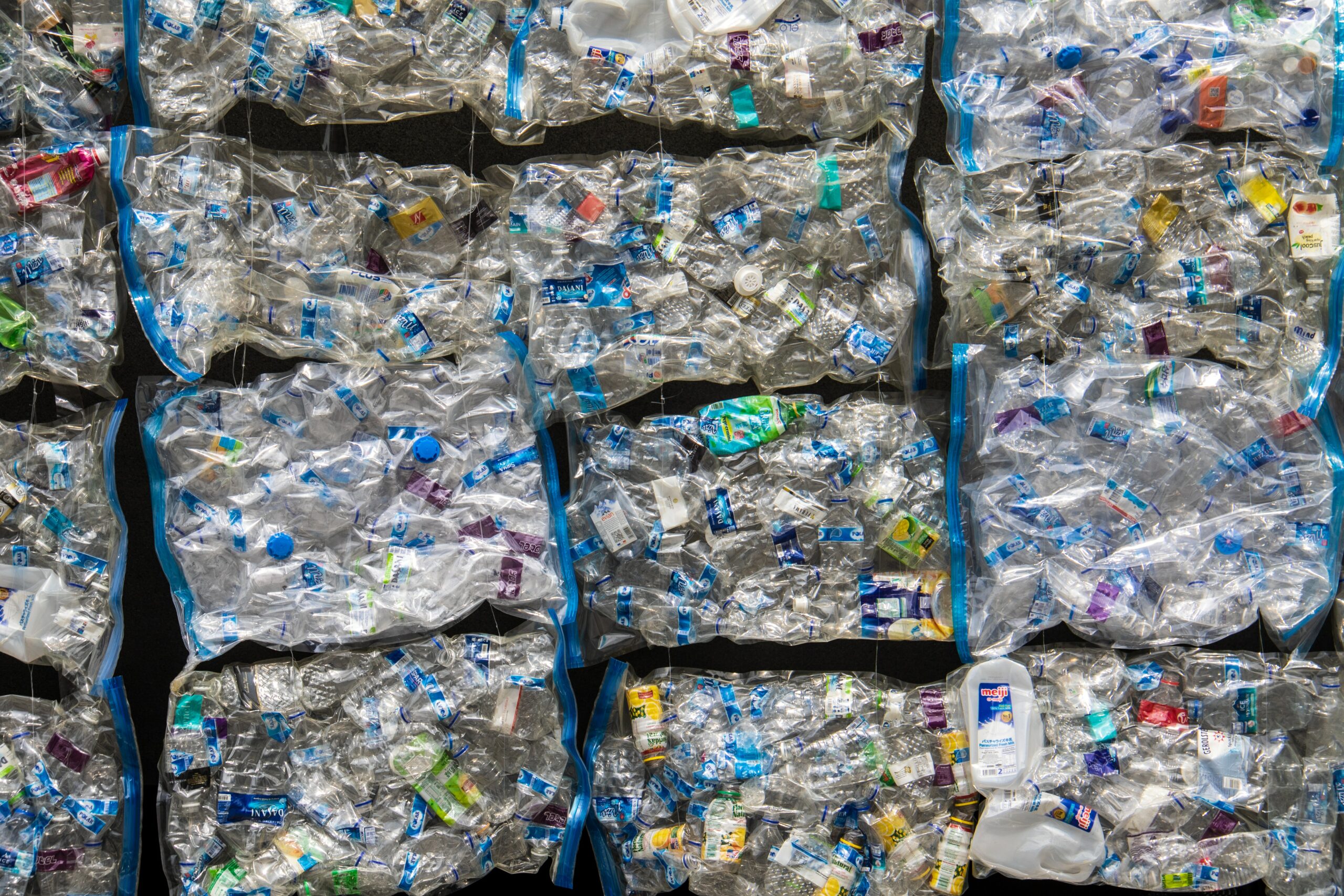Market Study for South Africa: Circularity in the Plastics Value Chain – Opportunities and Barriers
How can South Africa successfully transition to a circular economy for plastics?
With a large mining sector which includes coal; a major feedstock for energy supply and plastic production, circularity of plastics in South Africa centres much on mechanical plastic recycling. Meanwhile, this model is facilitated through voluntary EPR packaging schemes for PET beverage, rigid polyolefins and some flexible polyolefins, polystyrene (both expanded polystyrene and high impact polystyrene), and to a lesser degree, vinyl packaging. Occasionally, other plastic types may be included by mere coincidence or through the action of specific sustainability and waste management goals of producers.
In a quest to understand the plastic value chain in South Africa, the project team conducted a study on specific sectors – the plastic packaging, the construction and agricultural industries, electrical and electronic goods producers and the automotive industry.
The study considered market opportunities that existed in:
An assessment was achieved through literature review, data analyses and interviews conducted with relevant stakeholders. The study was led by GreenCape in collaboration with ACEN Foundation, WRAP, Trinomics, WWF South Africa and SAPRO.
Read the report here.



